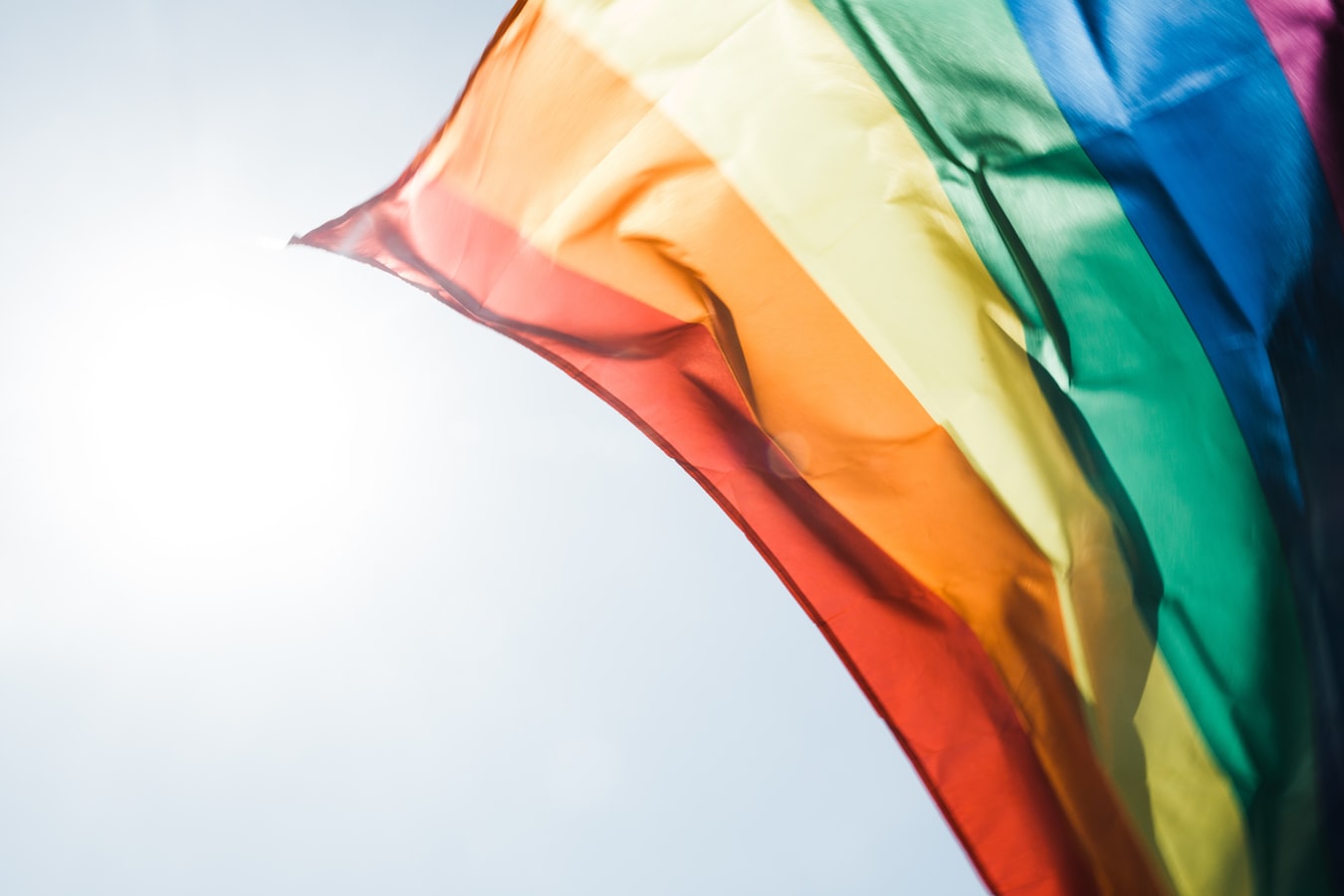June marks the anniversary of the Stonewall riots and is LGBT Pride month. An event like Pride month is certainly something to celebrate; however, it also affords the opportunity to create and engage in conversations about important topics related to the Lesbian, Gay, Bisexual, and Transgendered (LGBT) community.
Unfortunately, Pride month often distills down to parades, parties, and rainbow product placement by corporate sponsors. A major conversation coming out of this most recent Pride month is the rise of corporations using Pride to sell more products. This is an important conversation, but this is not the right conversation to be having. The conversation that should be happening in Pride month is the abundance of sponsorship of Pride events or other LGBT events specifically by alcohol and tobacco companies.
This is a major problem, especially because LGBT individuals are almost twice as likely to use and abuse these products than their heterosexual counterparts. Additionally, LGBT individuals may be more vulnerable to this advertising influence. This is an important conversation to continue even after Pride month, that is why I am writing this article in August and not June when it was cool.
SUD and The LGBT Community
Let’s take a look at the facts.
As of 2017, the Williams Institute estimates that 4.5% of individuals residing in the United States self-identify as LGBT. Because this community makes up a small percentage of the population of the United States, it has been underrepresented in addiction and mental health research.
However, the LGBT community has much higher rates of addiction and other mental health disorders as evidenced by data collected during the 2015 National Survey on Drug Use and Health. The 2015 survey results indicate a statistically significant disparity between substance use among LGBT self-identified individuals and their heterosexual self-identified counterparts.
Specifically, LGBT individuals were more likely to use illicit drugs (39.1 percent compared to 17.1 percent), to be current cigarette smokers (32.2 percent compared to 20.6 percent), to be current alcohol drinkers (63.6 percent compared to 56.2), to binge alcohol drinkers (36.1 percent compared to 26.7 percent), and to be heavy alcohol users (8.2 percent compared to 7.1 percent). In addition, LGBT individuals were nearly twice as likely to have any mental illness or serious mental illness, this includes a substance use disorder (SUD).
Multiple factors contribute to the prevalence of substance use disorder among the LGBT community. External factors include victimization experiences including physical assault and incidents of discrimination as well as adverse or stressful childhood experiences, including school bullying.
Internal factors including psychological stress related to concealment of sexual identity, family conflict (real or perceived), and internalized heterosexism. Research supports that these stressors and factors correlate significantly with increased substance abuse.
One factor that has also played a role but is less researched: the role of LGBT history and culture in bars.
Because LGBT culture developed in bars, these meeting places remain a mainstay of the cultural identity. Couple this with the sponsorship of alcohol brands at Pride or other events and it is a perfect storm of repeated exposure to a vulnerable population already predisposed to substance use disorders and other mental health disorders.
What To Do
The plan for correction is easy.
First, keep the conversation going, especially regarding corporate responsibility in advertising. Second, support a vulnerable population with treatment options that are specialized for LGBT individuals. Approximately 7.4 percent of substance use disorder treatment programs offer specialized services for LGBT patients.
While specialized treatment services are helpful, treatment, in general, is something that should be sought out if you or a loved one is struggling with a substance use disorder.
If you are looking for inpatient or outpatient drug or alcohol rehab, you can visit the Landmark Recovery website to learn about their substance abuse programs that are saving lives and empowering families.




